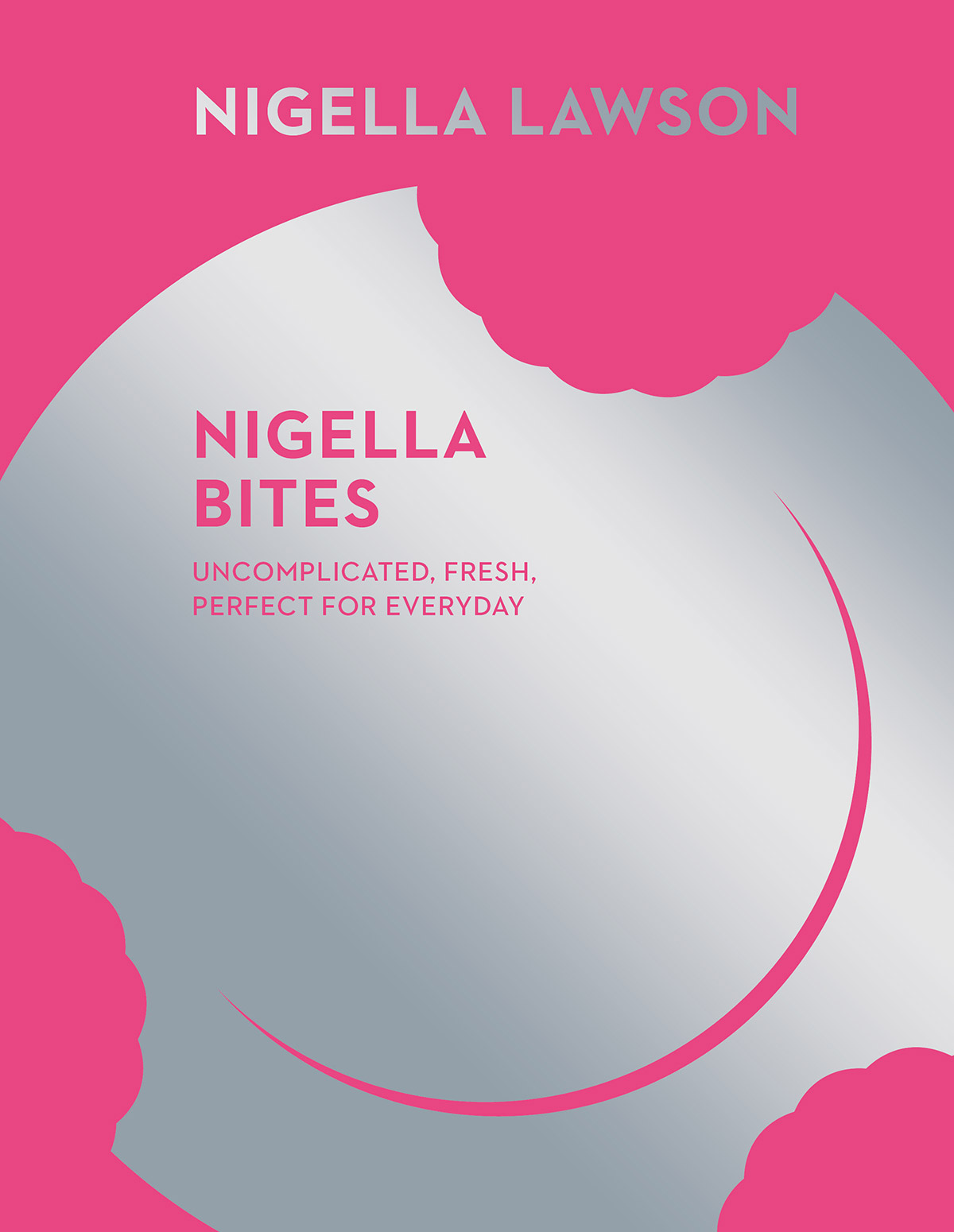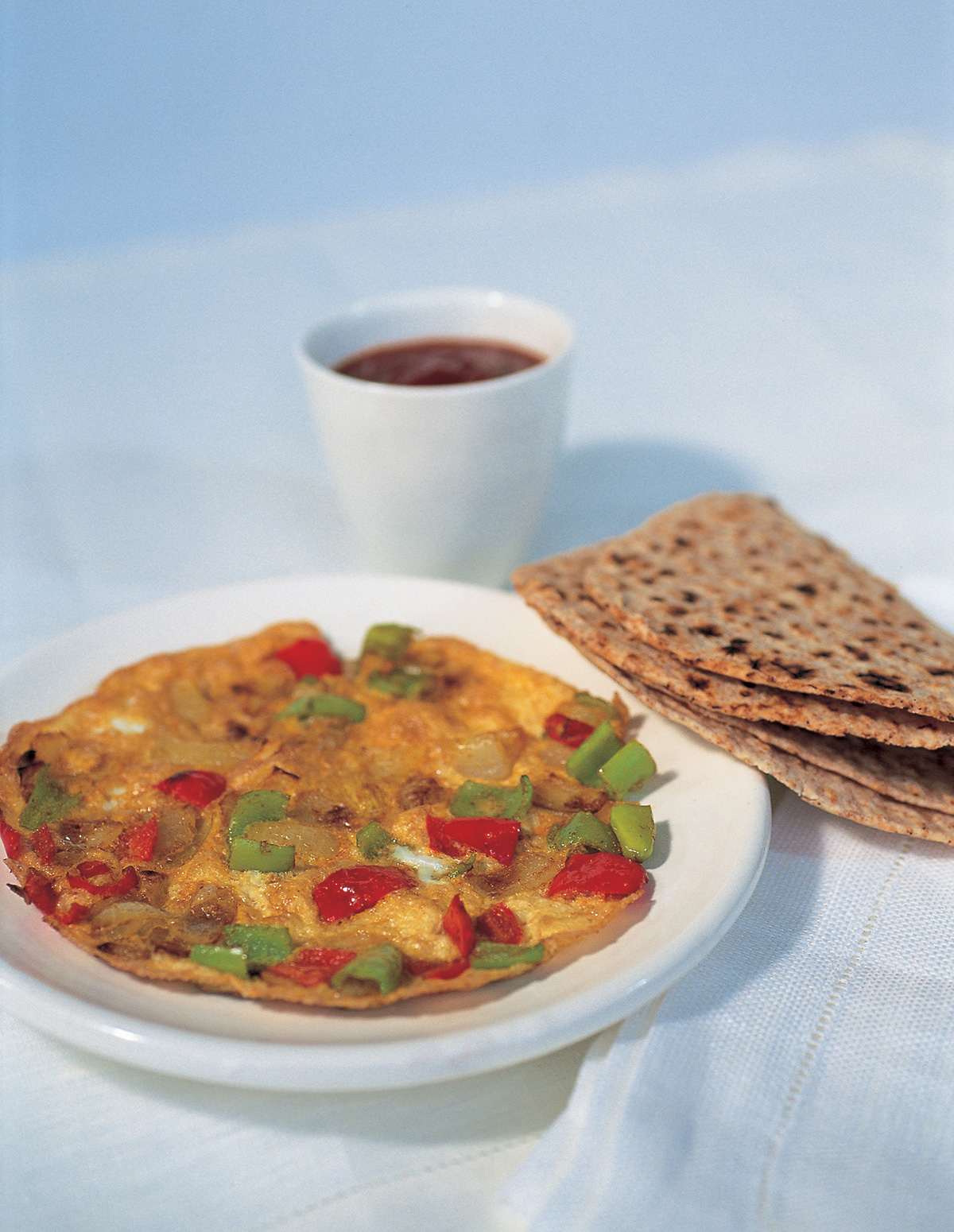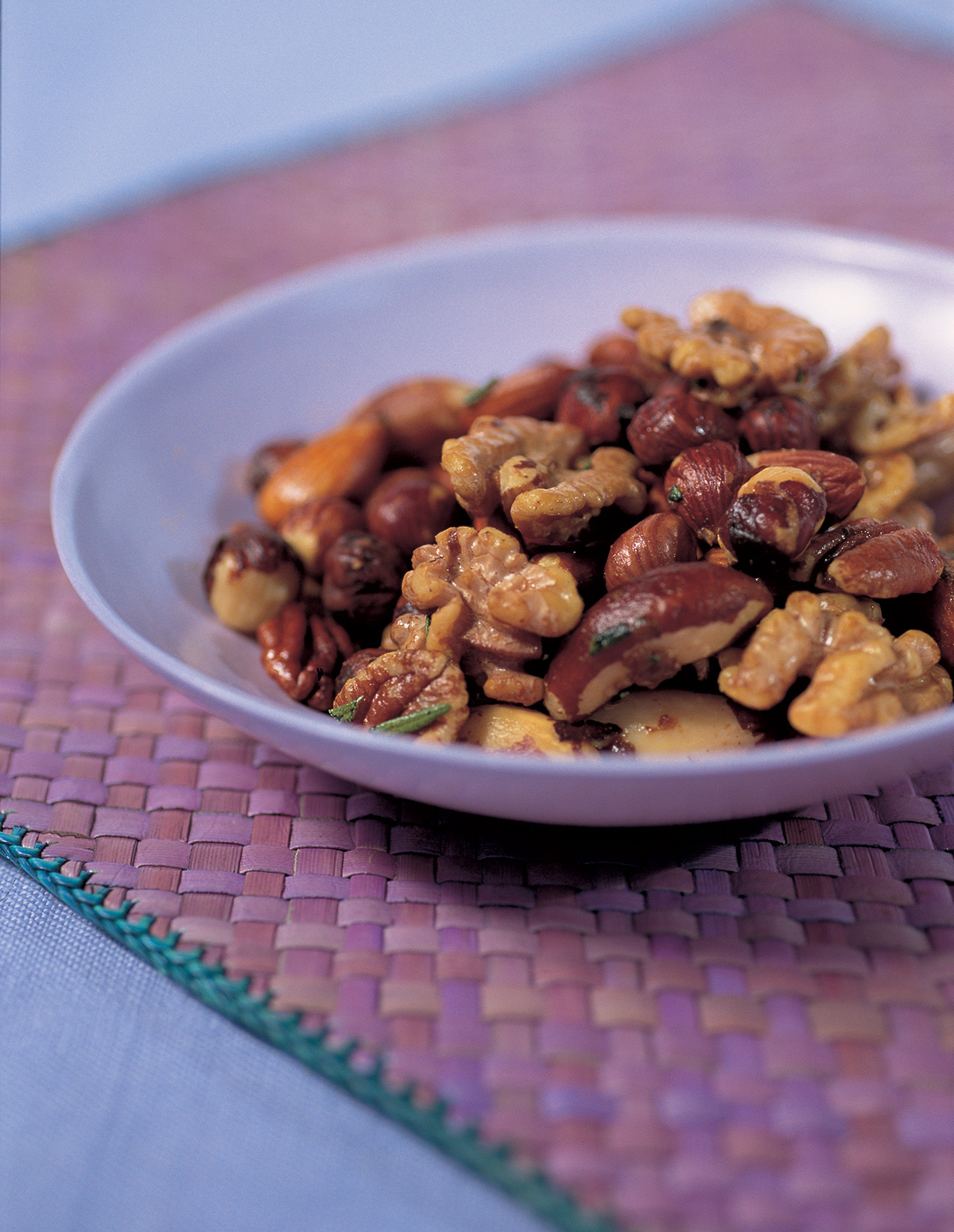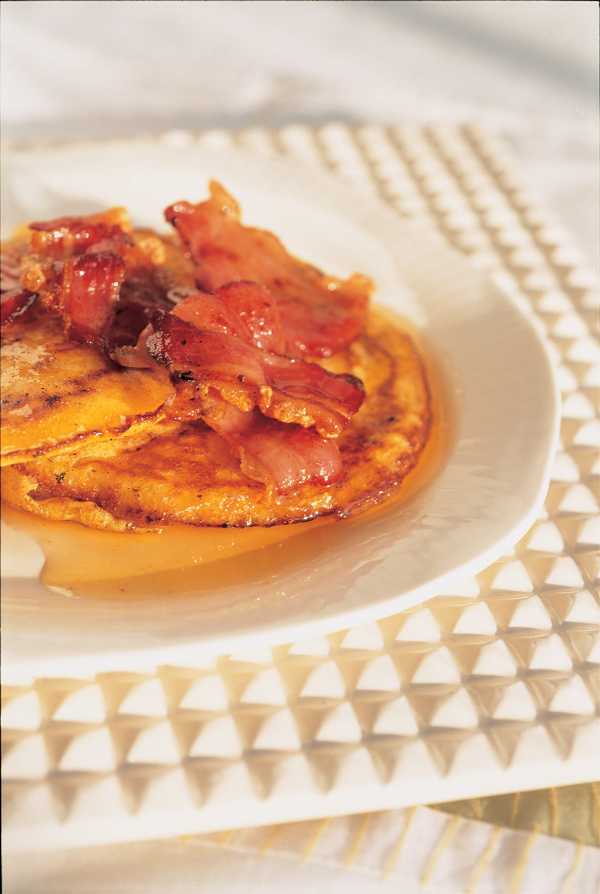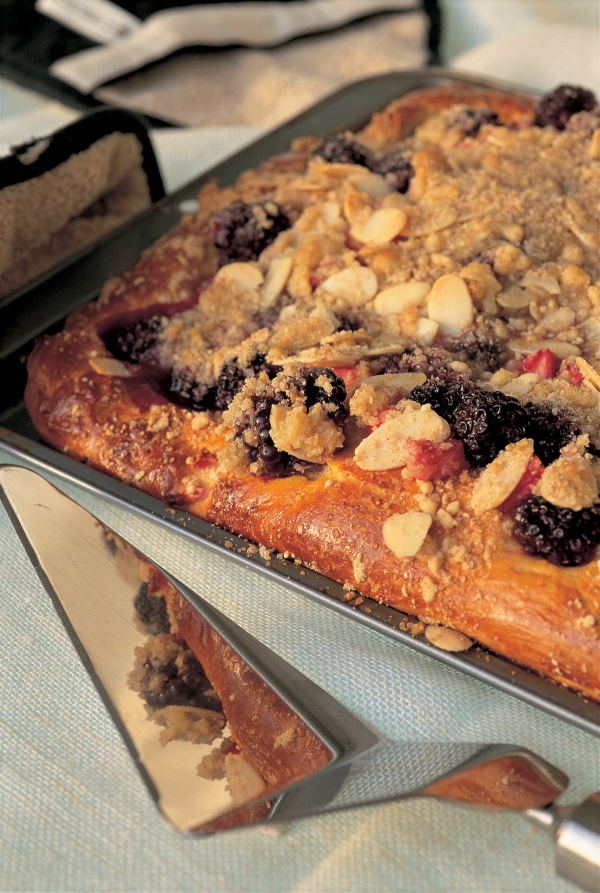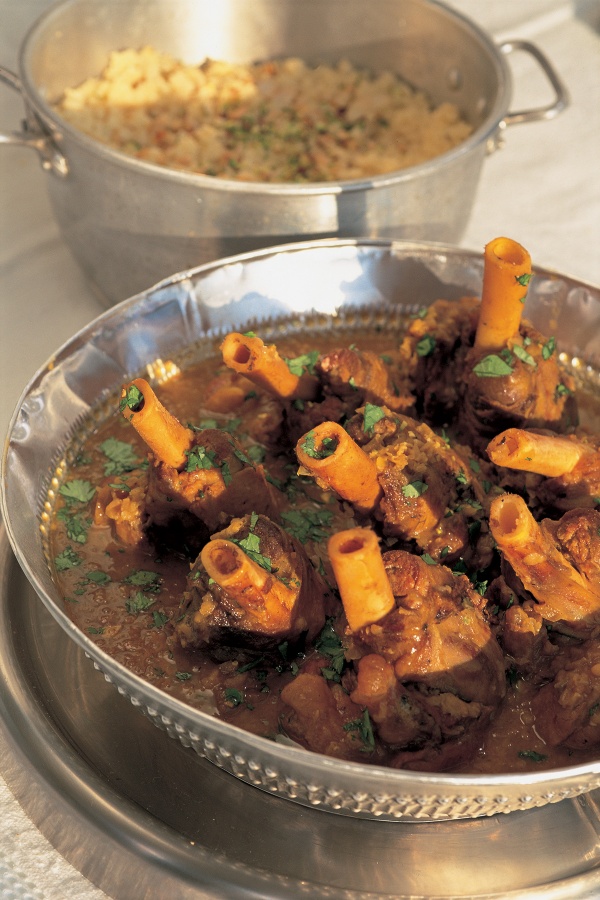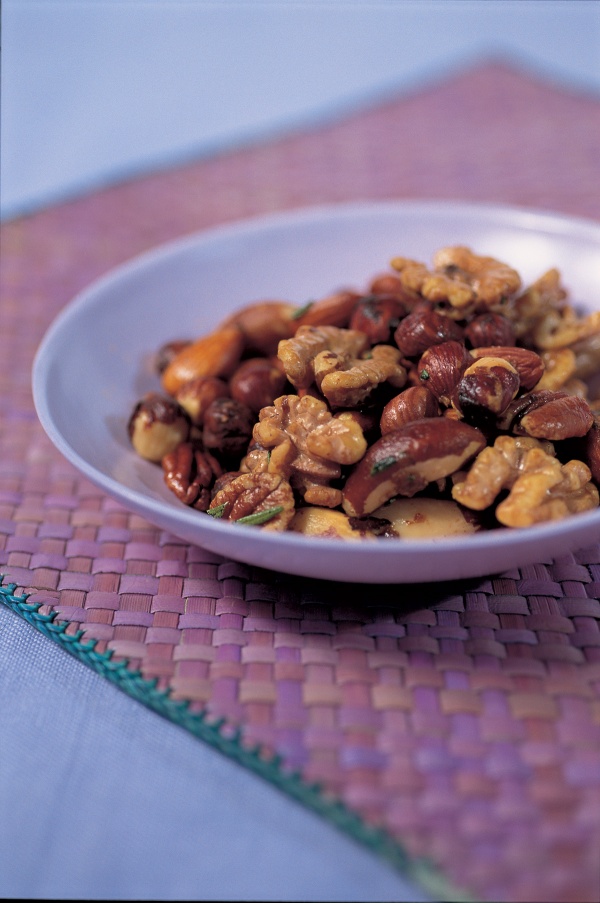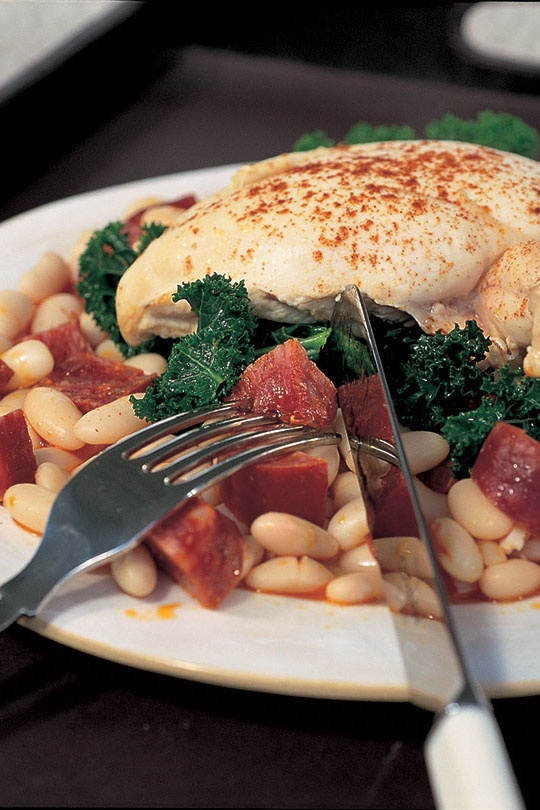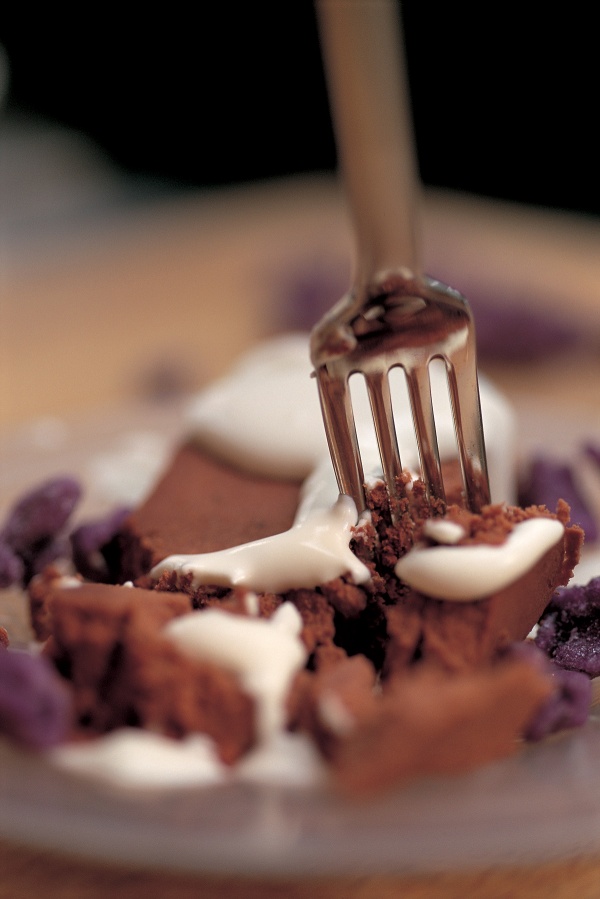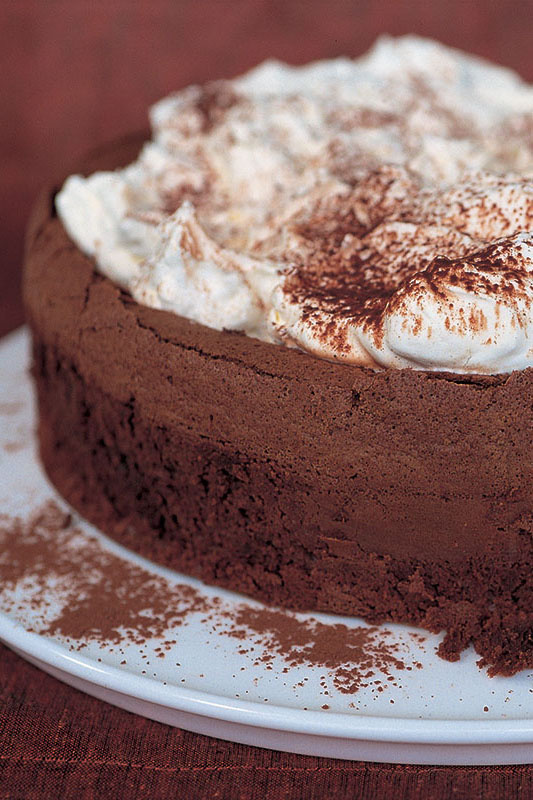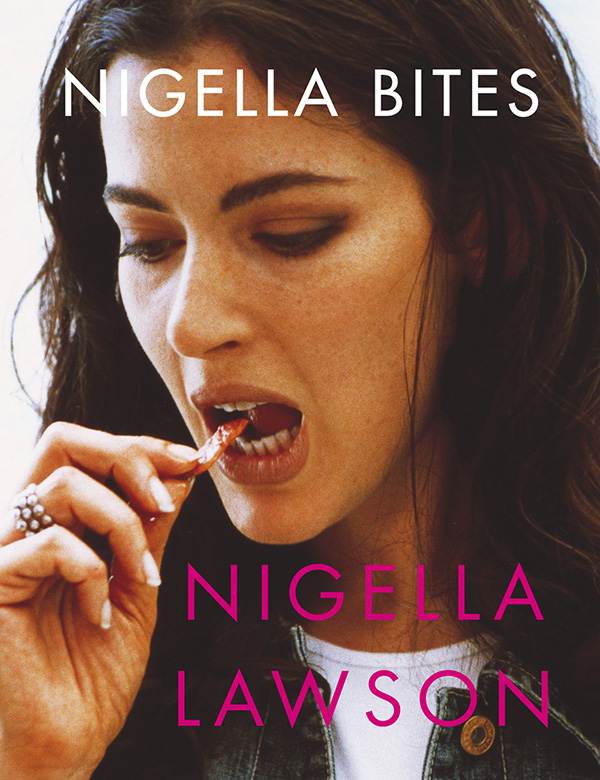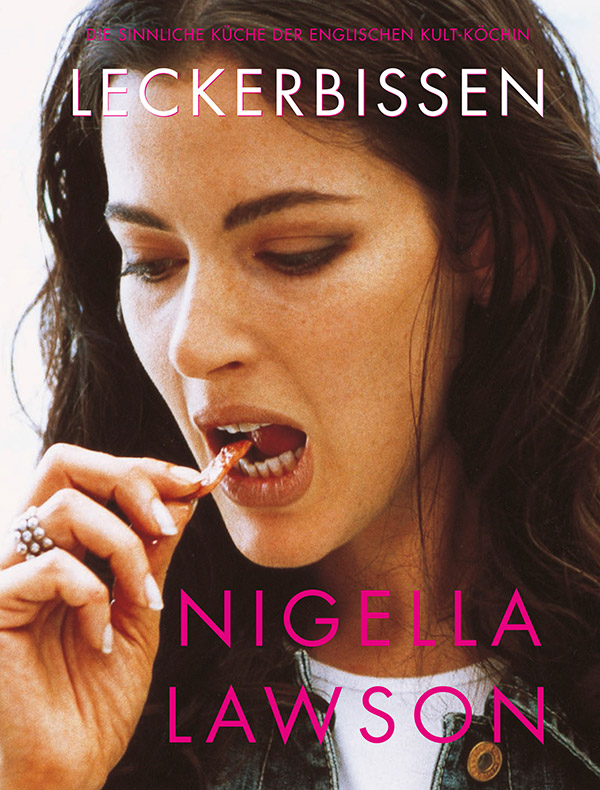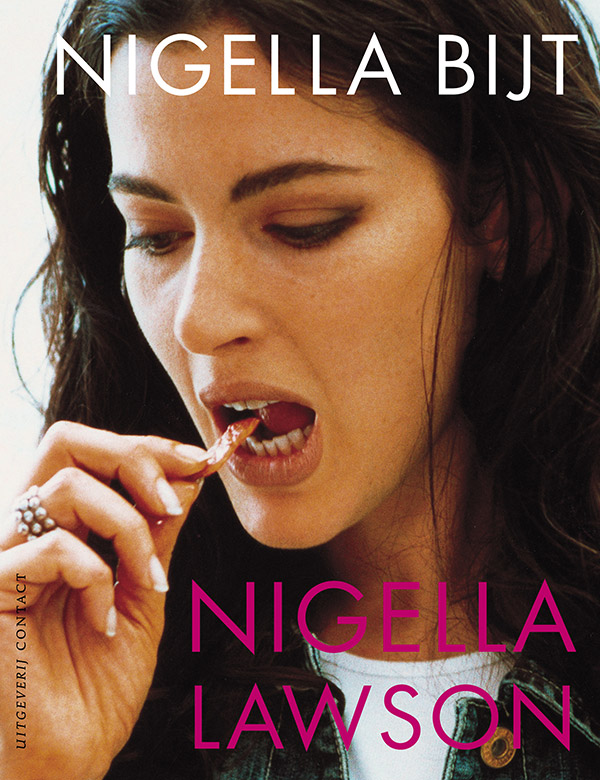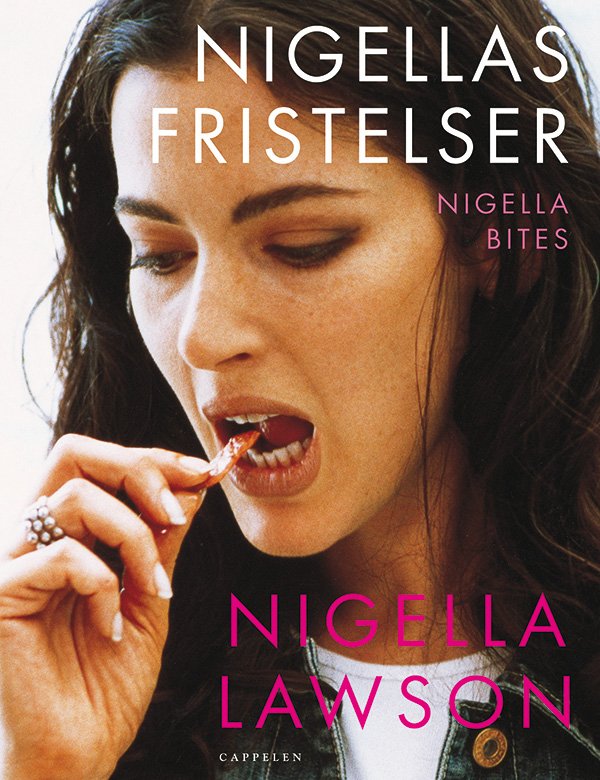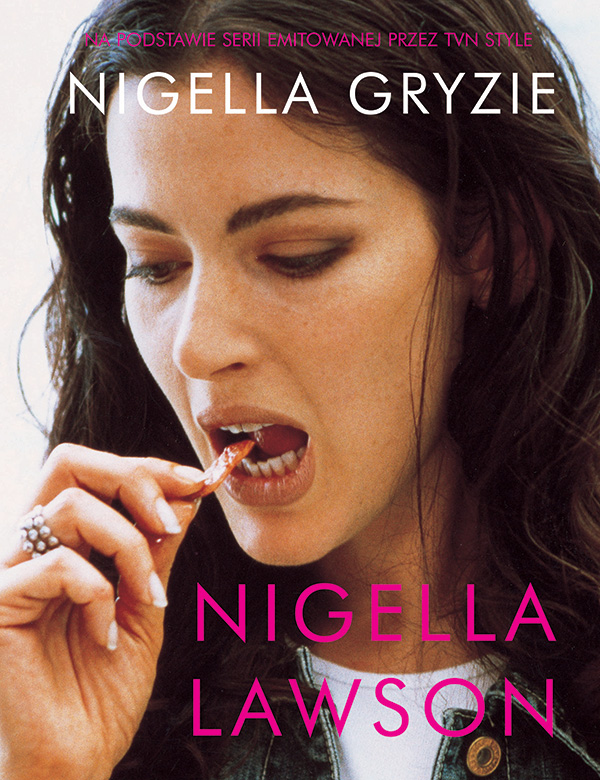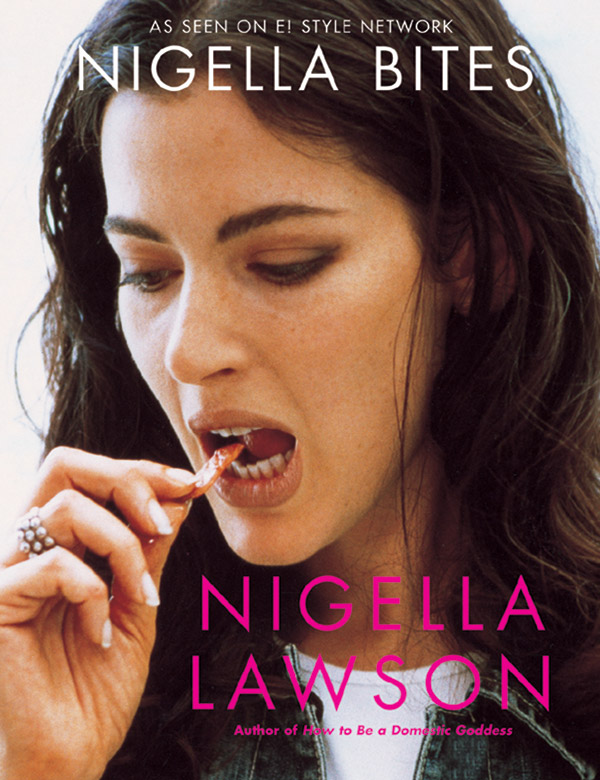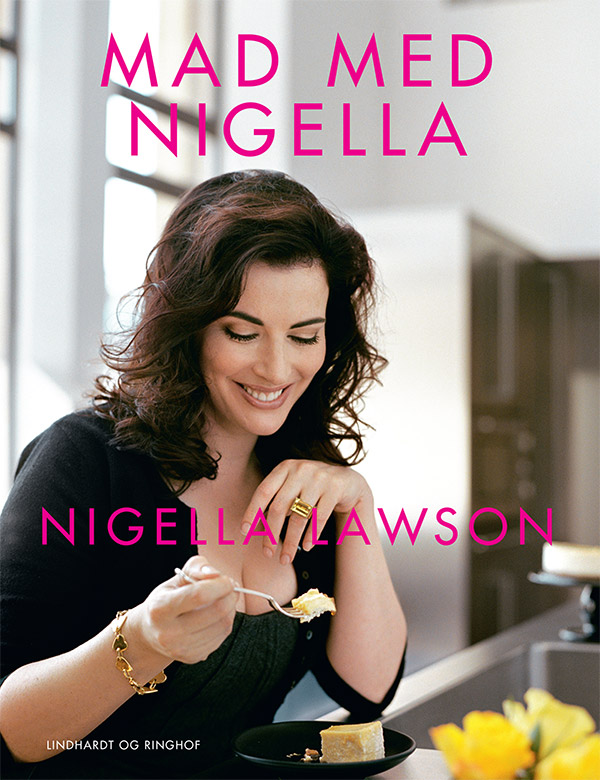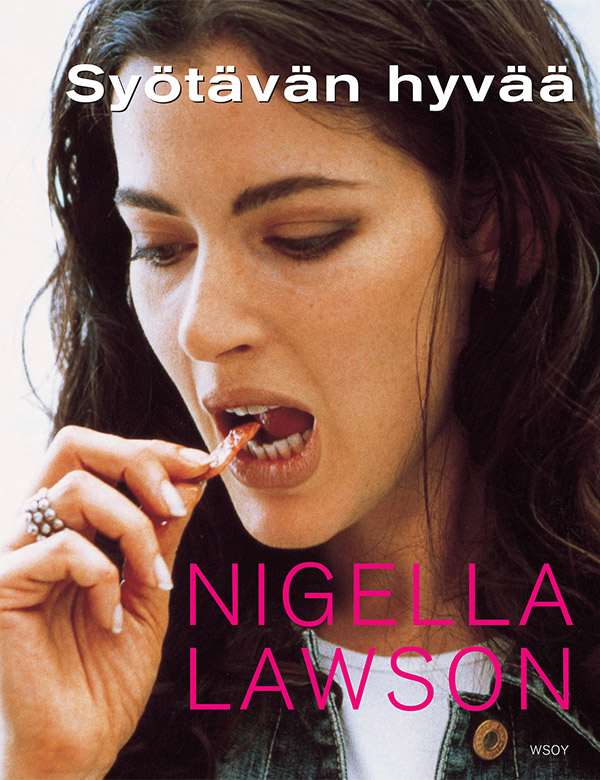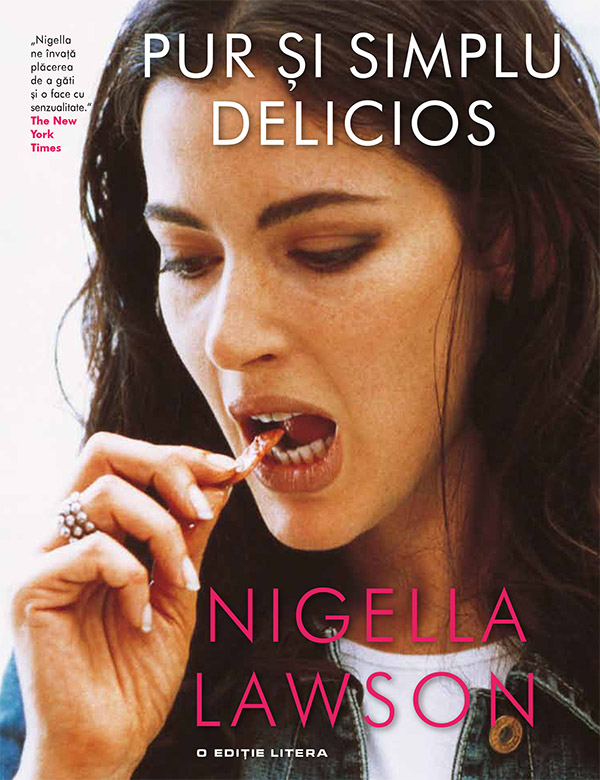To tell the truth, I didn't intend to write another book so soon. Not that this is by way of an apology: I am too evangelical about the food I like eating (and cooking) not to want to present the recipes from the new series of Nigella Bites to you, taking advantage of the extra wittering space a book allows. But I've wanted, too, to borrow from the other medium, so this book is slightly different from my previous two: there are more pictures and the chapters inevitably take their shape and content from each programme in the TV series.
In truth, there isn't a conflict. I've always felt that food is nothing if taken out of the context in which it's eaten, and the programmes – and consequently these chapters – are arranged according to the sort of cooking we might want to do, depending on our life, our timetable and our mood. But, please: these are suggestions only, not inflexible command. Life is not so rigidly constructed, and I might well want to cook something for a weekday dinner that I've earmarked here for a Sunday lunch, and presume you might, too.
There are more pictures and the chapters inevitably take their shape and content from each programme in the TV series.
Anyway, even if themes, the focus of these chapters, are varied, what remains constant, and so what links them, is taste. I don't mean taste in a food-snobbish, status sense (please, I am just not interested) but the tendency towards certain techniques (for me, that means easy ones) and certain ingredients. Restaurant chefs rely, to a greater or lesser extent, on innovation and novelty; what's more, they are generally less constrained by ordinary domestic concerns of budget or storage space. They can buy a bottle of some special liqueur for one particular recipe; we are unlikely to.
So, you might well find that certain ingredients crop up repeatedly. In the same way, when a little bit of stock is needed, I'm not going to instruct you to start boiling up bones left, right and centre, just for the purist sake of it, but rather suggest you use the shop-bought stock-concentrate I use myself. The point is, this is the way we cook at home. And for all that this is, frankly, the book of the television series, I am neither a chef nor a performer: none of the recipes here has been specially constructed for broadcast or publication purposes: this is the food I cook, the food I eat.
At the end of each chapter, I've left a page or two for notes. I wanted to do this for a variety of reasons. It's hardly, in fact, a novel practice: the idea first came to me after riffling through the old, battered books belonging to my grandmothers and my friends' mothers; I found I learnt as much from reading their scribbled comments and amendments; it's what made the food come alive for me.
Besides, it seemed to me that a book linked to a television series might be used, be read, in a particular way. True, there is slightly more in the book than in the series (where recipes had to be lost because of constraints of broadcast time I've resisted dropping them from the published version), but it seemed to me that while watching the programmes, some of you might want to jot things down in the book that accompanies them.
But most of all, this idea came to me out of the various book signings I've done. Occasionally, people apologise for not coming and buying a new book but rather bringing their own, already stained and dog-eared copies. Believe me, there's no need to apologise: I can't tell you how much this means to me. And the sort of cookery book that's splattered and scribbled over is the only sort of cookery book I want to write. I'm not interested in barking instructions: this isn't meant to be a monologue. As I've said before, I want to be there in the kitchen with you; my words are merely my side of the conversation I imagine we might have. The pages for notes, then, are there for you to make your own response.

